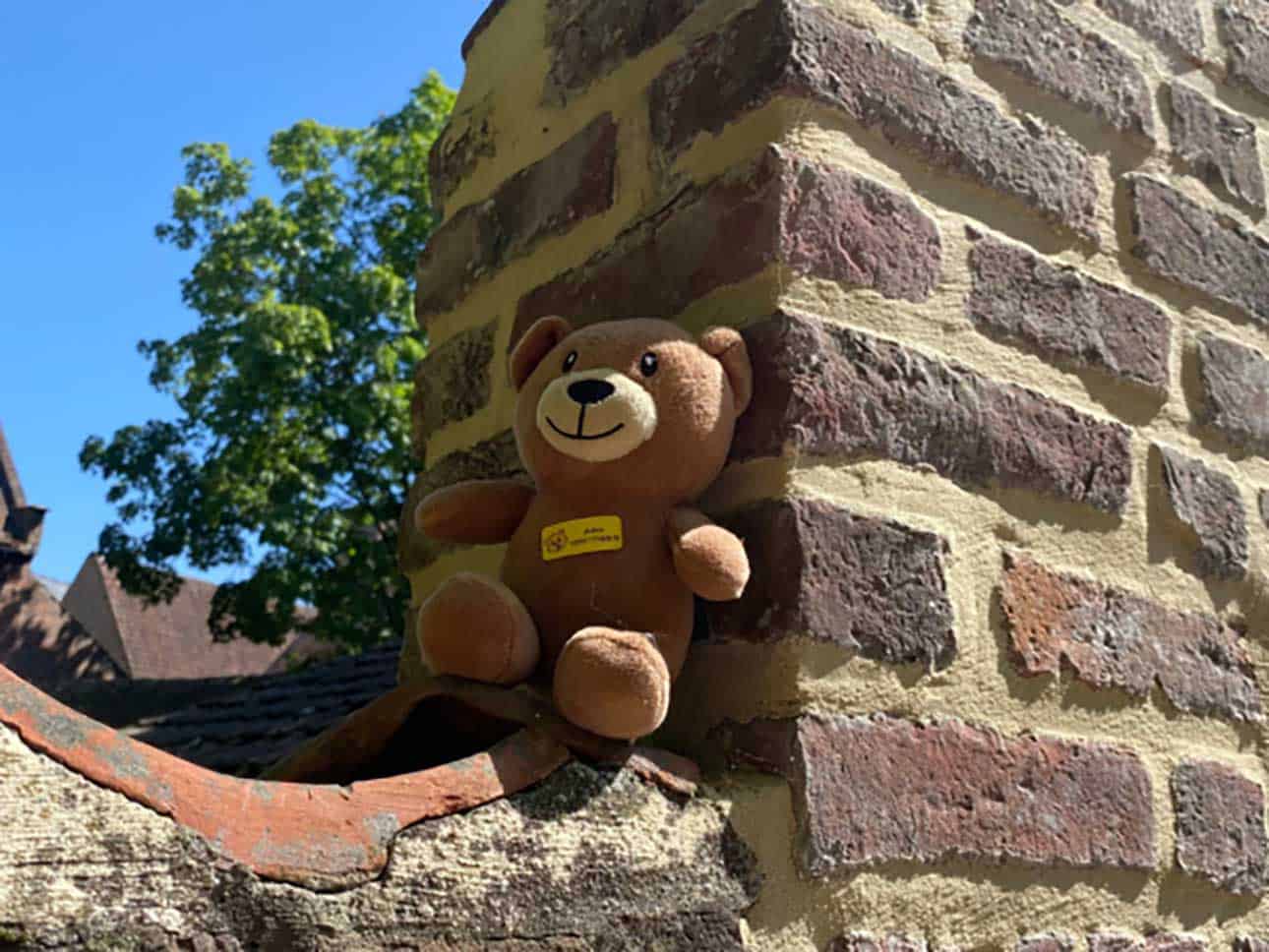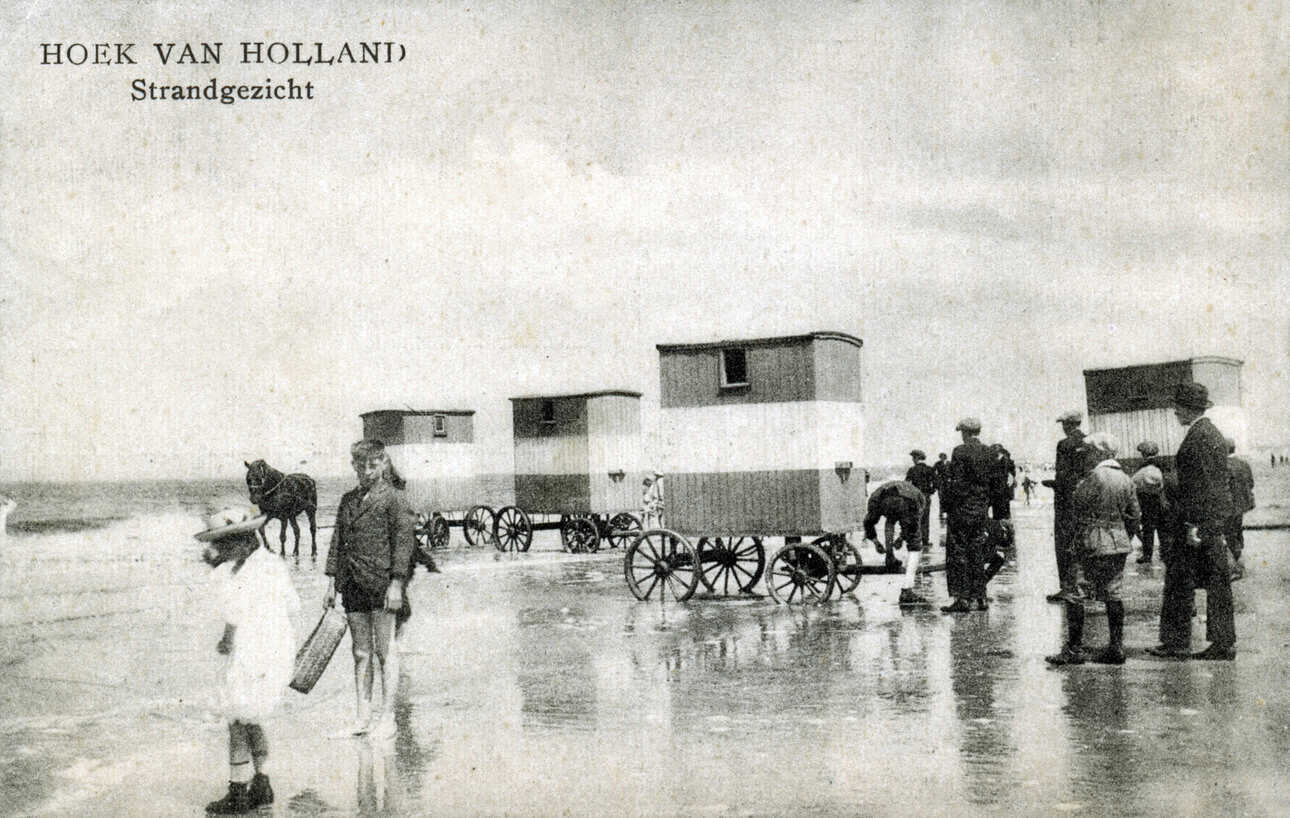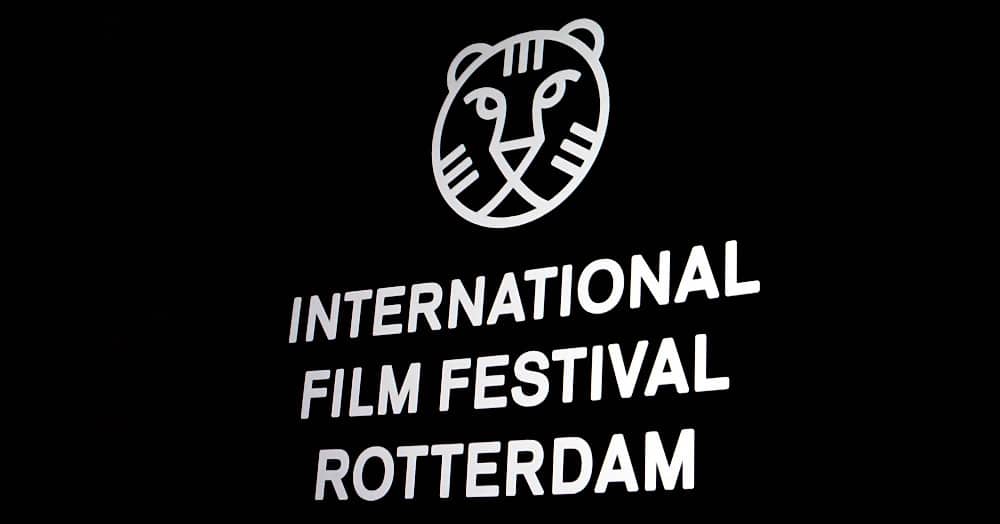Rotterdam, 8 November 2023 – A social experiment conducted across various Dutch cities, including Rotterdam, reveals intriguing insights into the behaviour of citizens when encountering lost teddy bears.
Rotterdam's response to lost teddy bears
A recent study, focused on the reactions of Dutch citizens to finding lost teddy bears, found that 40% of Rotterdam's residents took the initiative to reunite these lost items with their child owners. This figure slightly surpasses the national average of 38%. The experiment involved strategically placing 140 teddy bears in 14 major Dutch cities, each bear labeled with a child's name and a contact number.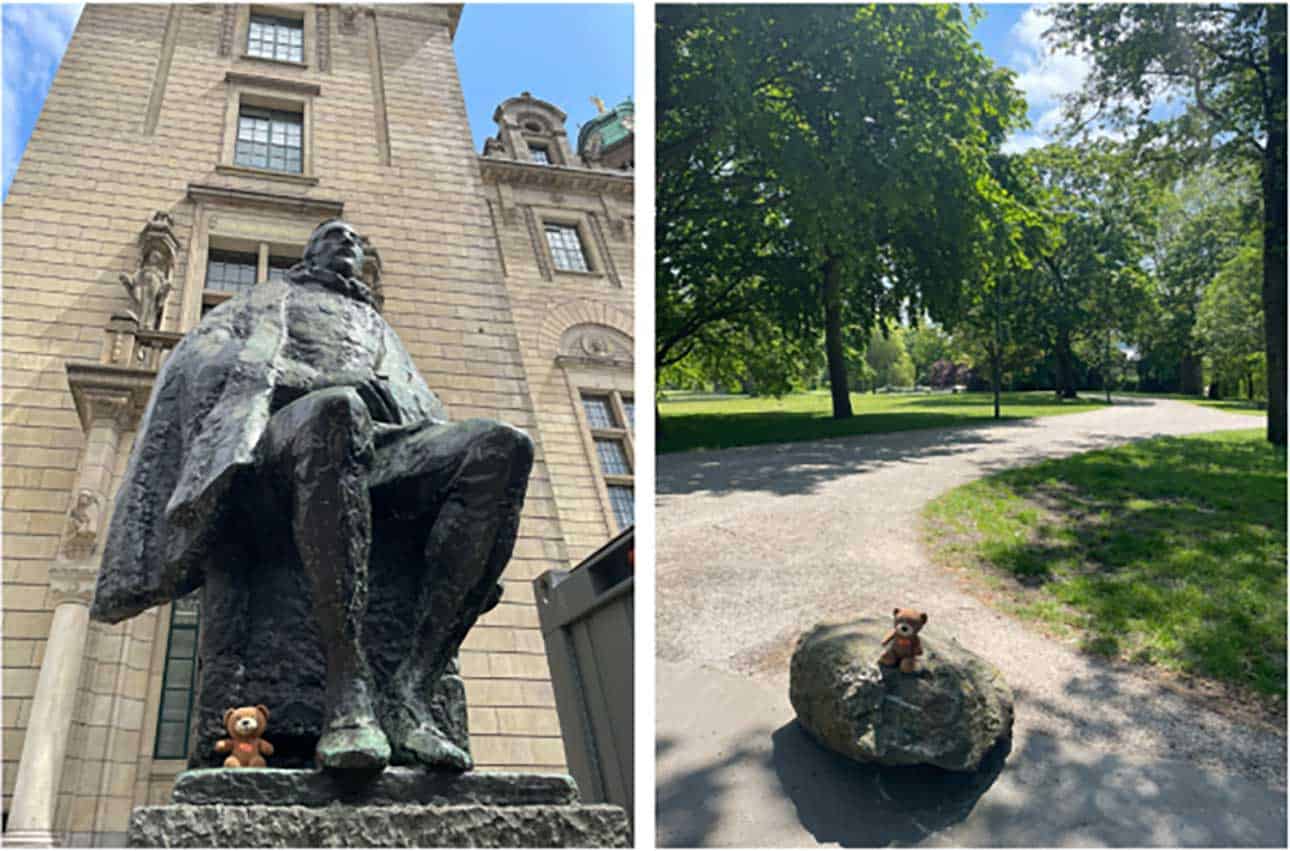 Teddy bear experiment: Rotterdam's response
Teddy bear experiment: Rotterdam's response
National comparison and gender differences
Rotterdam shares the fourth position in this national study with Eindhoven, Maastricht, and Zwolle, where 40% of the bears were returned. In comparison, Alkmaar leads with 70% of bears returned, followed by Lelystad and Middelburg. Notably, Amsterdam and Assen had the lowest return rates at only 10%.
The study, commissioned by My Nametags, also revealed that women were more likely to return a lost teddy bear, with 64% of the initiatives taken by them. Age-wise, individuals between 31 and 40 years were most active in returning the bears.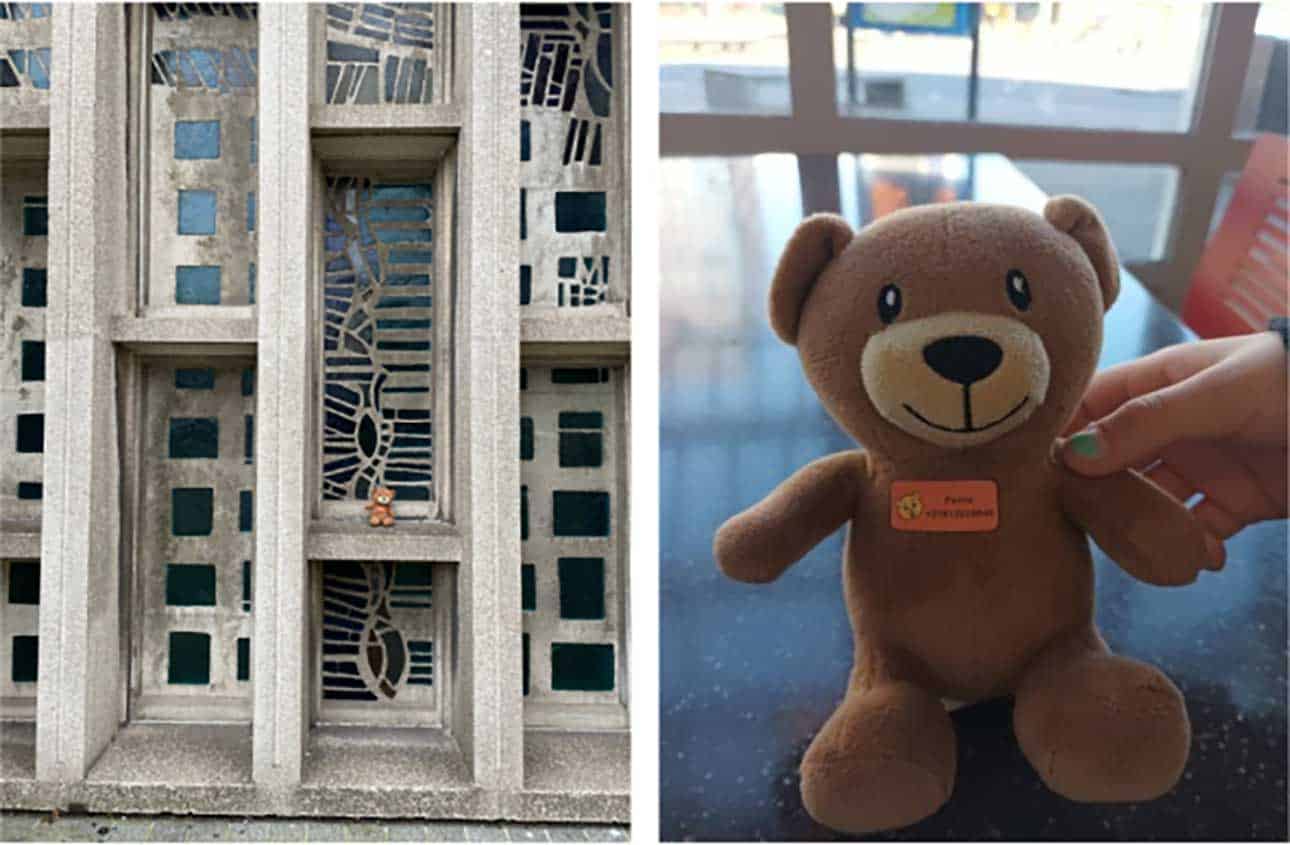 Teddy bear experiment: Rotterdam's response
Teddy bear experiment: Rotterdam's response
Quick returns and location insights
It was noted that 56% of the found teddy bears were returned within 24 hours of being lost. However, items lost for more than four days had less than a 9% chance of being found. Interestingly, teddy bears lost in clothing stores had the highest probability of being returned, followed by train stations and playgrounds.
Lars Andersen, General Director of My Nametags, commented on the high return rate of teddy bears, attributing it to the kindness and child-friendly nature of the Dutch people. He highlighted the effectiveness of name labels in aiding the return of lost items.

